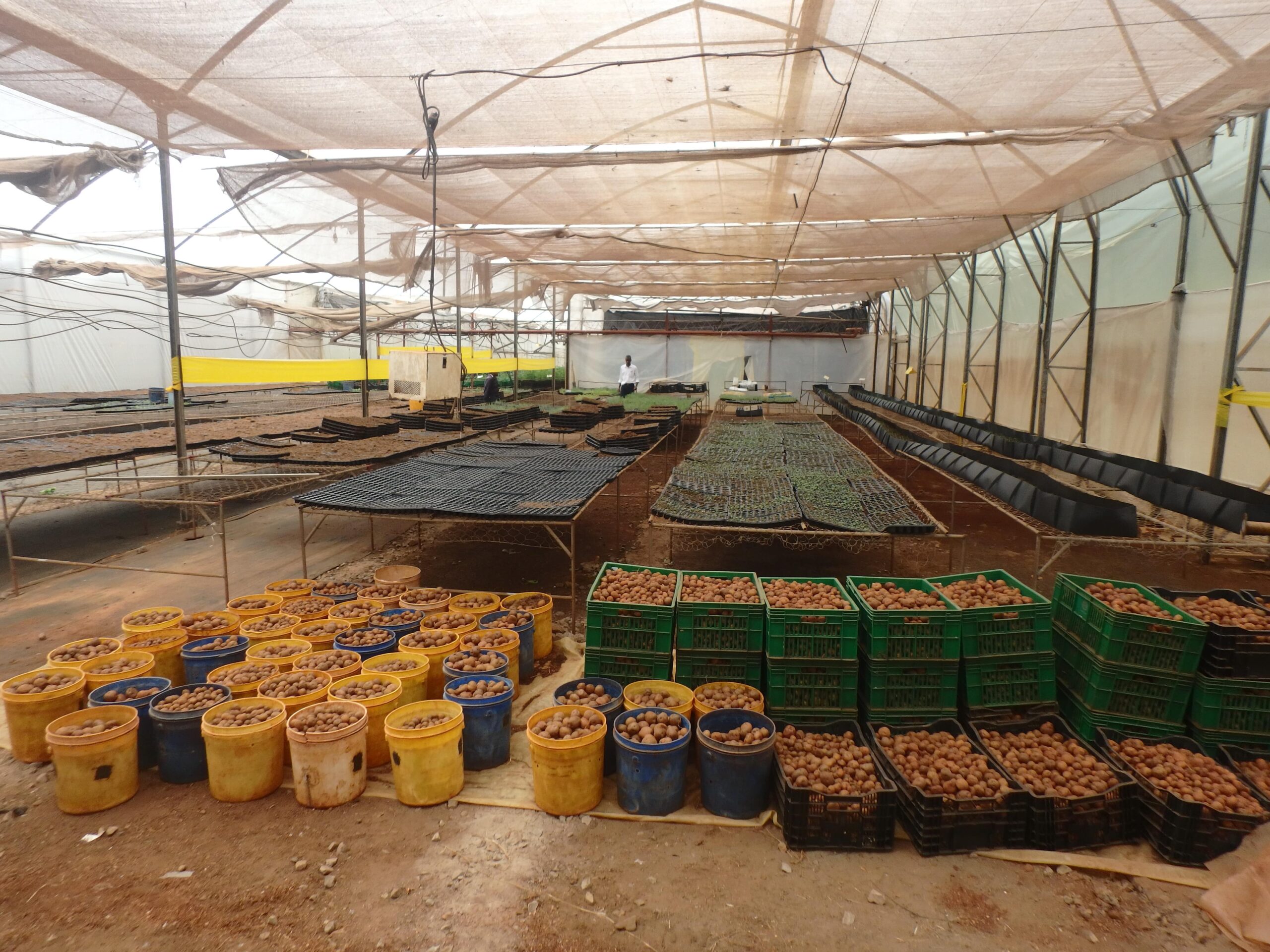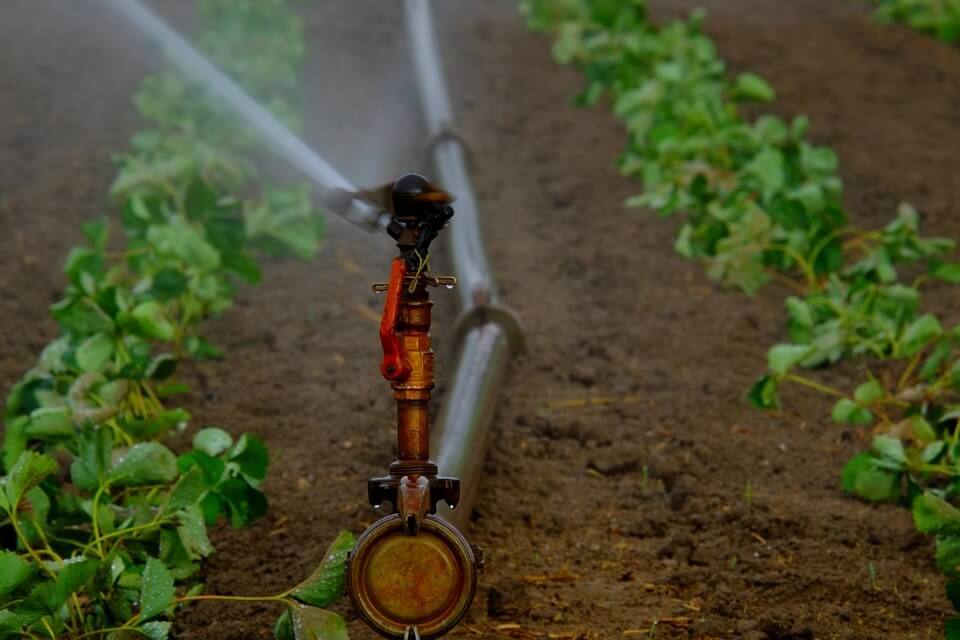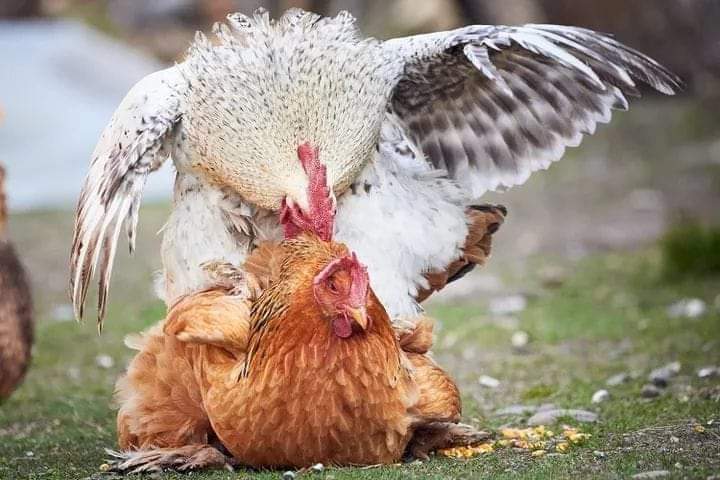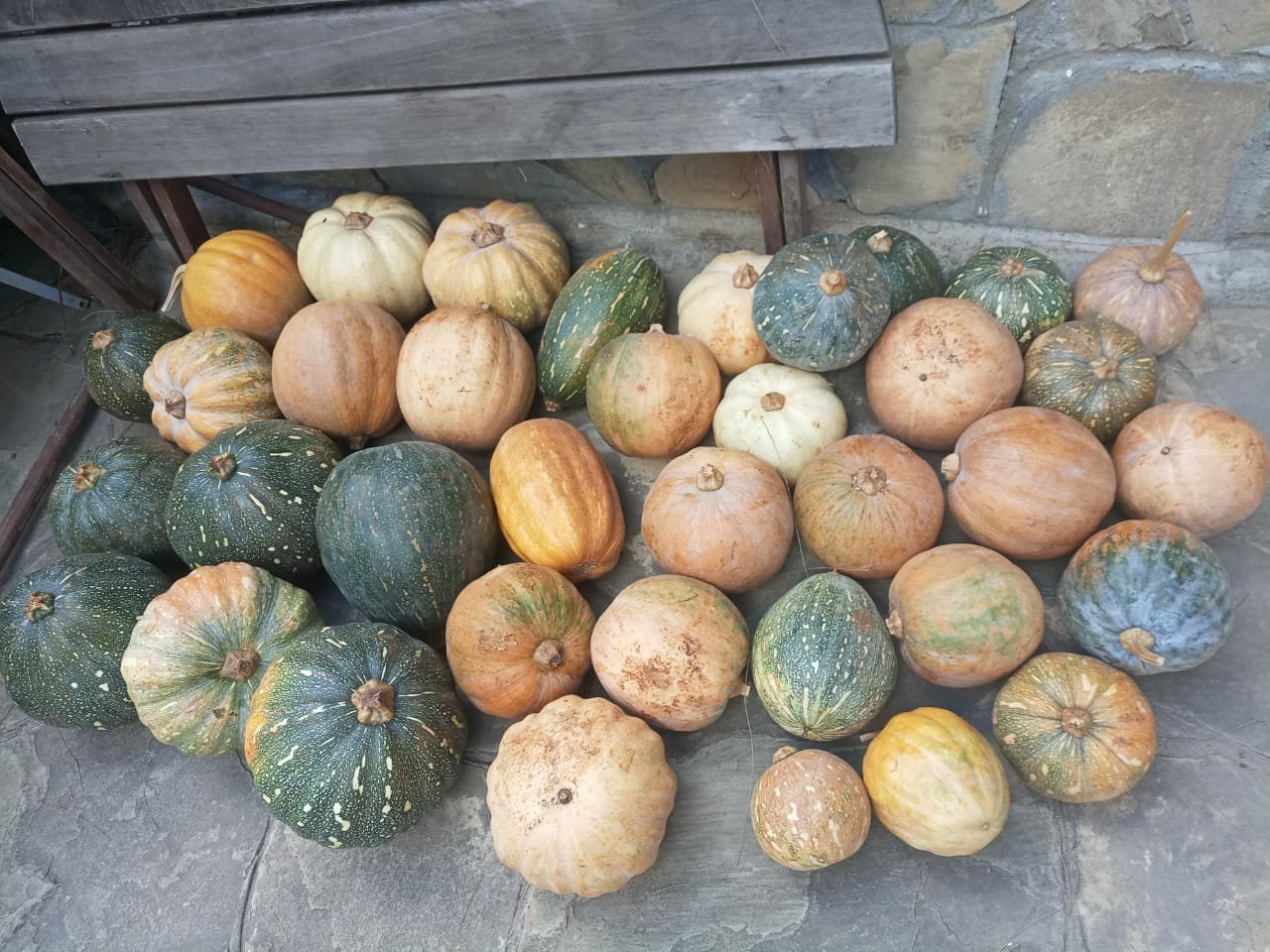
Nathan Mala, the laboratory technician at Kevian, is immersed in an experiment preparing an in-vitro cell culture or plantlets in a glass.
In another two to three weeks, he expects the cells will have split until they fill up the glass with about 30 new plants.
In a day, he can make up to 60- 70 glasses of plantlets using the germplasm conservation technology.
“In-vitro is Latin for ‘within the glass’. When something is performed invitro, it happens outside of a living organism.
The media are stored by freezing the stocking of the seeds in glasses and controlled under a temperature of 16 degrees Celsius,” explains Mala.
“In just one month, Kevian has the capacity to produce at least 36,000 new plantlets in the laboratory. After transferring to the greenhouse for vegetative propagation, they are multiplied in thousands.”
Upon sprouting, the new plants are transferred to greenhouse for vegetative propagation – a process involving hardening, multiplying and acclimatising them to the outside environment.
Kevian, one of the leading fruit juice producers across East Africa, was in 2020 contracted by the Kenya Agriculture and Livestock Research Organization (KALRO) to undertake commercial multiplication of high yielding potato seed varieties to meet the growing demand in the country.
To date the company says it has managed to multiply seven potato seed varieties namely; Rams, Sherekea, Nyota, Shangi, Wanjiku, Kenya Karibu and Unica. The potato seeds are currently undergoing field trials.
Kevian Kenya has two farms in Timau and Kitengela measuring 2,000 acres and 50 acres respectively.
Commercial distribution to farmers is expected to start in August this year subject to approvals by the Kenya Plant Health Inspectorate Service (KEPHIS).
Harrison Wachira, the project coordinator, observes that the traditional methods of making potato seeds are slow, consumes time, can easily spread disease to the whole plantation and are associated with poor yields and potato seed shortages.
“The cases of potato produce from Kenyan farmers being rejected by processors or fast food firms are due to poor quality. It is regrettable because it leads to low sales at throw-away prices and losses to the farmers,” Wachira said.
Vegetative propagation is especially important for commercial growers who want to reproduce the highest-quality plants and ensure consistency of a variety of plant or crop for sale. This can also help to maintain consistent quality and taste in products made from plants or crops. For example, Rams potato variety is likely to become popular with most Kenyan farmers because it is good for French fries and crisps.
David Kimuhu, an agronomist at Kevian Potato Farm, says modern technology holds the key to improving the potato productivity and address seed shortages in sub-Saharan Africa. Modern technology, he says, has the potential to double, or even triple yields, offering opportunities for farmers to increasing production volumes without increasing land use.
“In the greenhouse we have two main methods of multiplying the potatoes seeds: hydroponic and aeroponic technology. The former uses less water and direct feedings that allows for faster growth and higher yields than traditional soil-based growing systems while the later hangs or suspends on air or mist environment without the use of soil or aggregate medium but both methods produce tubers,” Kimuhu says.
The tubers are graded according to sizes: micro tubers, mini tubers, Grade 1, Grade 2 – which are selected for mass farm plantation – and wares.
Wares are for subsistence production.
“The advantages to this kind of asexual reproduction are that , it can occur either naturally or artificially, more rapidly than seed propagation and allow genetically superior plants to produce unlimited copies of itself without variation,” Kimuhu states.






